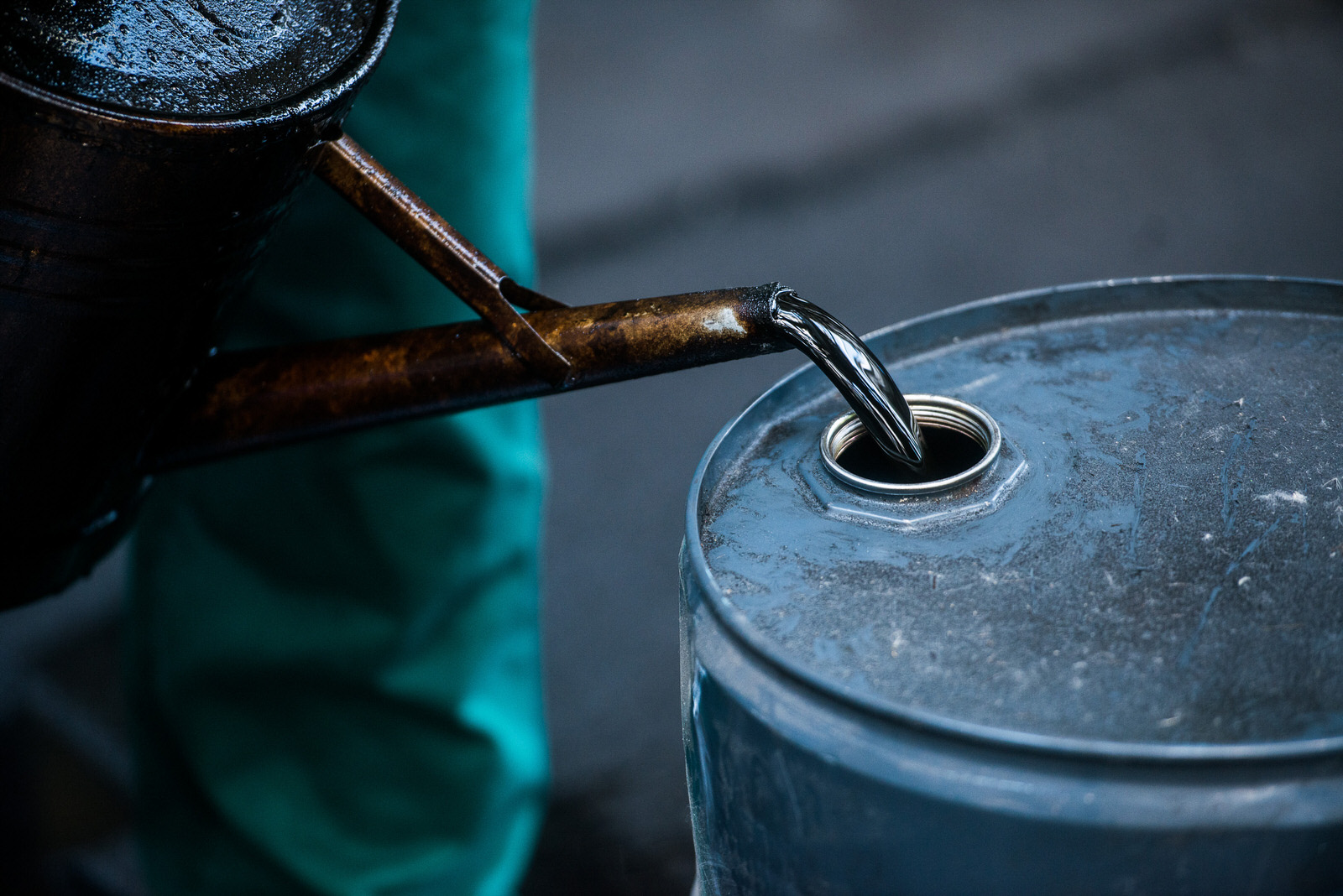- Imports of US Kerosene Drop to Zero
Imports of kerosene from the United States into Nigeria have yet to resume, seven months after falling to zero, according to the latest data from the US Energy Information Administration.
The scarcity of kerosene has forced the price of the product up to as much as N300 per litre in many parts of Nigeria.
Despite the liberalisation of fuel market in May this year, many marketers have yet to start importing kerosene as they continue to focus on petrol.
It was in February that the US kerosene was last imported into the country, with the volume put at 306,000 barrels. Last year, Nigeria imported 1.866 million barrels of the US kerosene, up from 1.427 million barrels in 2014.
Total imports of petroleum products from the US to Nigeria fell to 2,000 barrels in July from 37,000 barrels in June and 740,000 barrels in February, according to the EIA data.
From January to July, the country imported 1.345 million barrels of petroleum products from the US. Last year, a total of 10.475 million barrels were imported, down from 18.688 million barrels in 2014.
Other products imported from the US into Nigeria include finished motor gasoline (petrol), aviation fuel, fuel ethanol (renewable), petroleum coke and lubricants.
The Group Managing Director, Nigerian National Petroleum Corporation, Dr. Maikanti Baru, during a visit to former President Olusegun Obasanjo last week, said the corporation was keen on making kerosene available to all.
“We’re working hard to flood the market so that prices will come down, especially in the South-East,” he said.
Nigeria, now Africa’s second biggest crude oil producer, depends on importation to meet domestic fuel demand, creating a lucrative market for refiners in the United States, Europe and others.
The growth in the importation of petroleum products has been largely due to the low domestic refining capacity in the country.
The country’s four refineries have over the years operated far less than their combined nameplate capacity of 445,000 barrels per day.
The NNPC, in its latest monthly report, said local refining capacity remained below commercial threshold due to prolonged turnaround maintenance issues and supply disruption due to pipeline vandalism and crude oil losses.
“However, the ongoing restoration of refineries and associated facilities is expected to improve the situation,” the corporation said.
It said in July, the three refineries (Warri, Kaduna and one in Port Harcourt) produced 139,2841 metric tonnes of finished petroleum products out of 126,756MT of crude processed and intermediate of 40,640MT at a combined capacity utilisation of 6.74 per cent compared to 12.40 per cent combined capacity utilisation achieved in June.

 Naira4 weeks ago
Naira4 weeks ago
 News3 weeks ago
News3 weeks ago
 Education4 weeks ago
Education4 weeks ago
 Social Media4 weeks ago
Social Media4 weeks ago
 Economy4 weeks ago
Economy4 weeks ago
 Investment4 weeks ago
Investment4 weeks ago
 Dividends4 weeks ago
Dividends4 weeks ago
 Business3 weeks ago
Business3 weeks ago





























